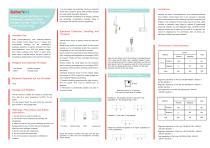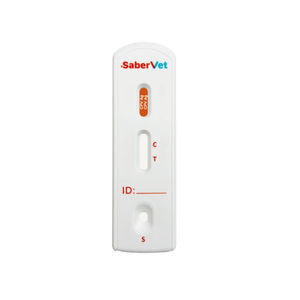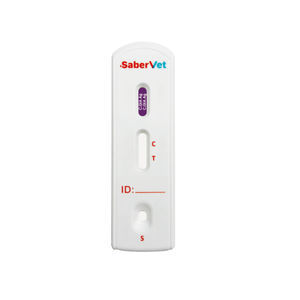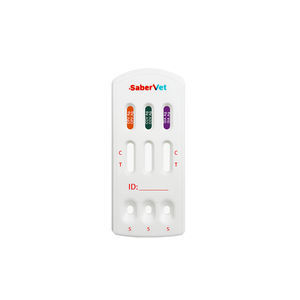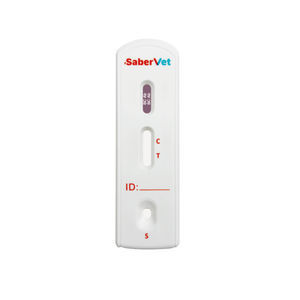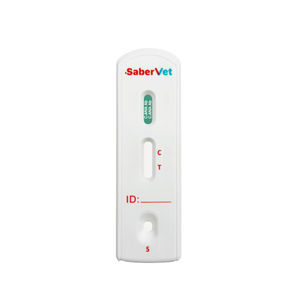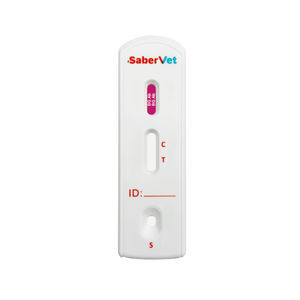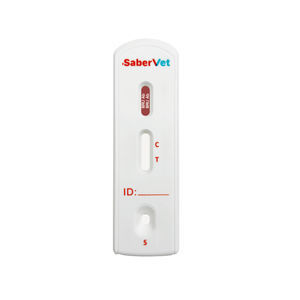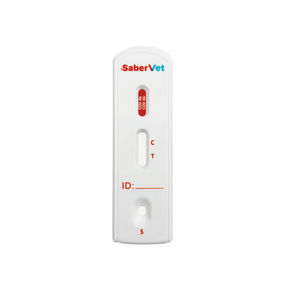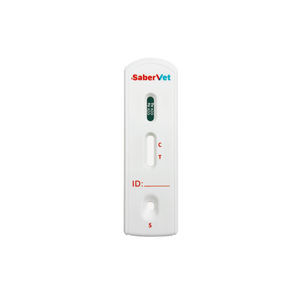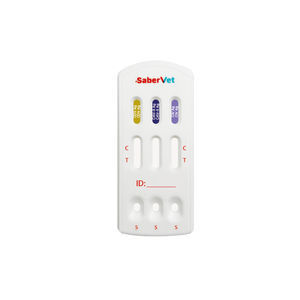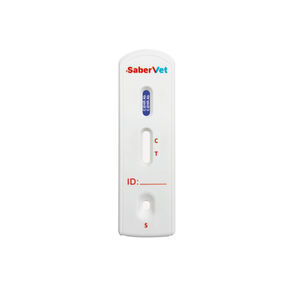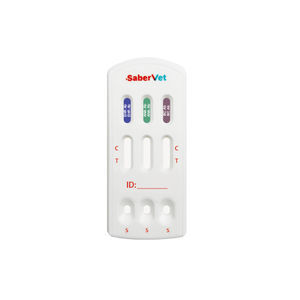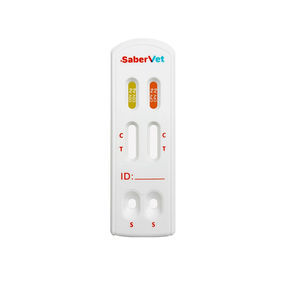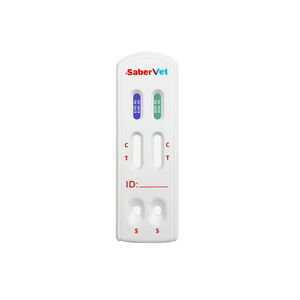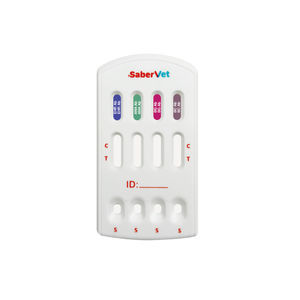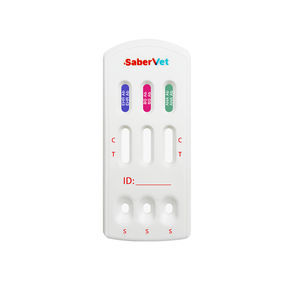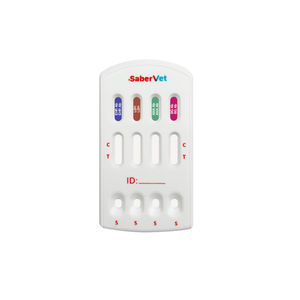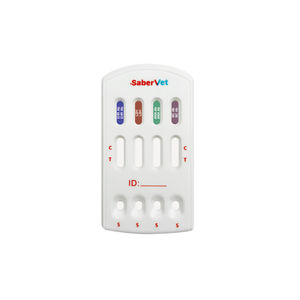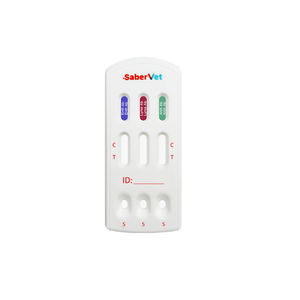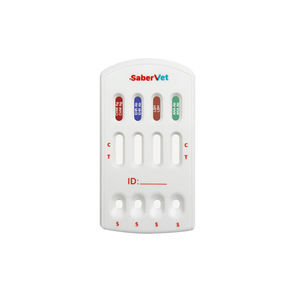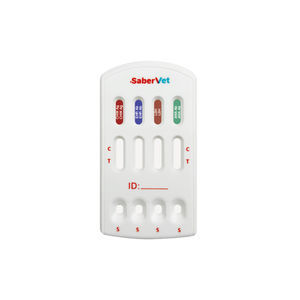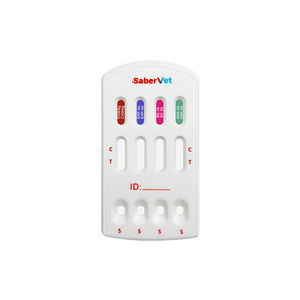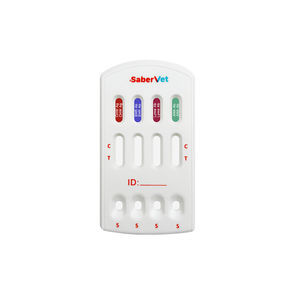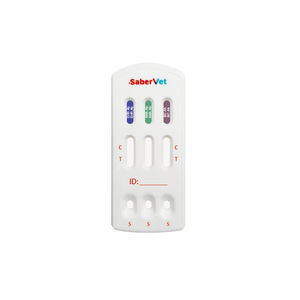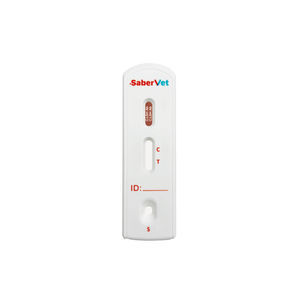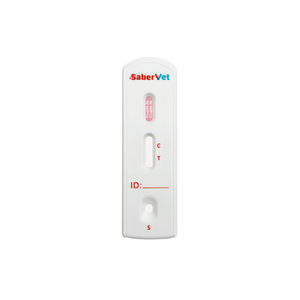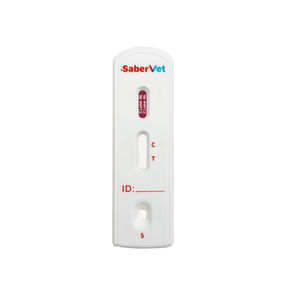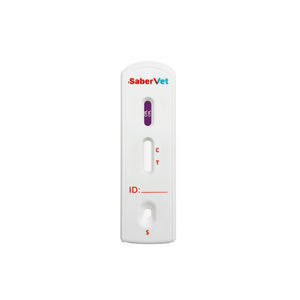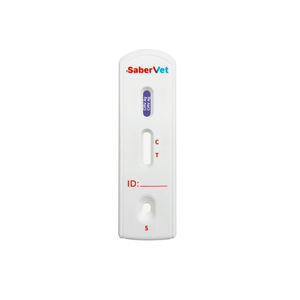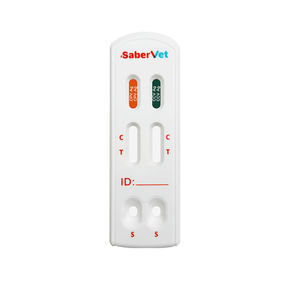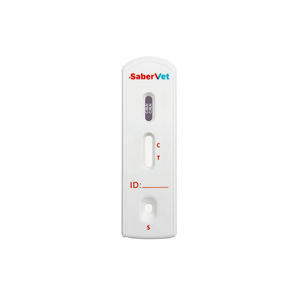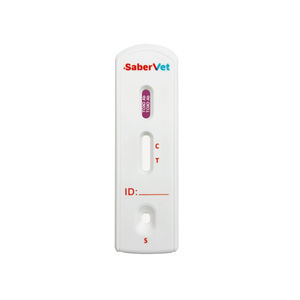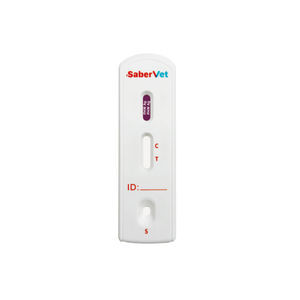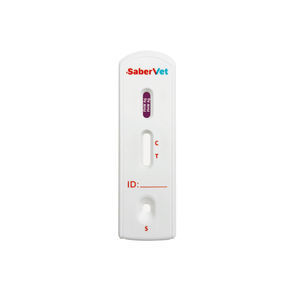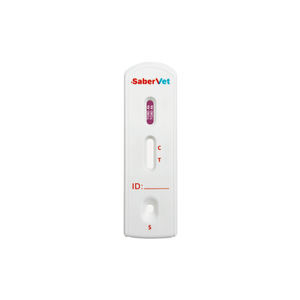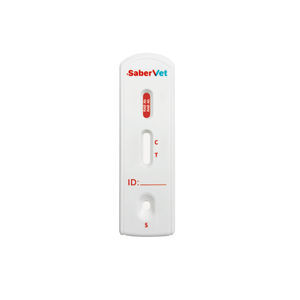
- Laboratory
- Laboratory medicine
- Heart failure rapid test
- Hangzhou Antigenne Technology Co. Ltd
- Company
- Products
- Catalogs
- News & Trends
- Exhibitions
Heart failure rapid test Sabervetveterinaryfor caninesEhrlichia
Add to favorites
Compare this product
fo_shop_gate_exact_title
Characteristics
- Applications
- heart failure
- Application field
- veterinary
- Patient type
- for canines
- Micro-organism
- Ehrlichia, Babesia
- Format
- cassette
Description
Canine Heartworm Antigen/Ehrlichia/Babesiosis/Anaplasma Antibody Combo Rapid Test(CHW Ag/EHR/BC/ANA Ab)
Description
Canine heartworm disease, canine ehrlichiosis, canine babesiosis and canine Anaplasma disease are common blood-related infections in dogs. Despite the different pathogens, there are many commonalities.
Similarities
Route of transmission:
These diseases are transmitted by arthropods. Canine heartworm disease is transmitted by mosquitoes, while canine ehrlichiosis, canine babesiosis and canine Anaplasma disease are transmitted by ticks.
Symptoms:
All may cause systemic symptoms such as fever, lethargy, loss of appetite and weight loss.
All may cause anaemia and other blood-related symptoms.
Geographic Distribution:
These diseases have a global distribution and are especially common in areas where ticks and mosquitoes are active.
Differences
Pathogen:
Canine Heartworm Disease: caused by the canine heartworm.
Canine Ehrlichiosis: caused by Ehrlichia spp.
Canine Babesiosis: caused by Babesia spp.
Canine Anaplasma disease: caused by Anaplasma spp.
Specific symptoms:
Canine Heartworm Disease: characteristic signs include coughing, dyspnoea, decreased exercise tolerance, heart failure, ascites.
Canine Ehrlichiosis: Characteristic symptoms include nosebleeds, bleeding tendencies, joint pain and eye problems (e.g. uveitis).
Canine Babesiosis: the main signs are acute anaemia, jaundice, splenomegaly and fever.
Canine Anaplasma Disease: Symptoms are similar to those of canine babesiosis, but sometimes less severe.
Exhibitions
Meet this supplier at the following exhibition(s):

Other Hangzhou Antigenne Technology Co. Ltd products
Canine
Related Searches
- Blood rapid diagnostic test
- Rapid lateral flow test
- Immunoassay rapid diagnostic test
- Cassette rapid diagnostic test
- Virus rapid diagnostic test
- Serum rapid diagnostic test
- Plasma rapid diagnostic test
- Infectious disease rapid diagnostic test
- Whole blood rapid diagnostic test
- Rapid respiratory infection test
- Urine rapid screening test
- Bacteria rapid diagnostic test
- Rapid feces test
- Clinical rapid diagnostic test
- Nasal rapid diagnostic test
- Obstetrical/gynecological rapid test
- Rapid oral flu test
- Dog rapid test
- Coronavirus rapid diagnostic test
- Laboratory rapid diagnostic test
*Prices are pre-tax. They exclude delivery charges and customs duties and do not include additional charges for installation or activation options. Prices are indicative only and may vary by country, with changes to the cost of raw materials and exchange rates.


